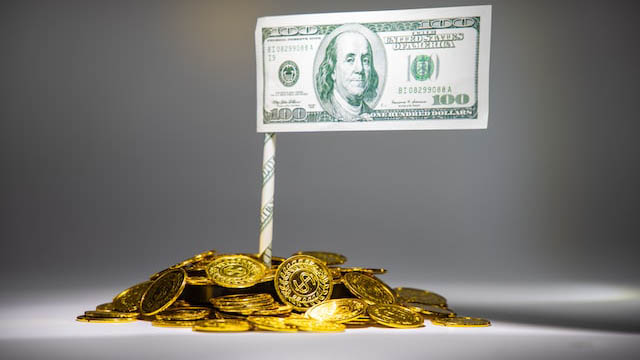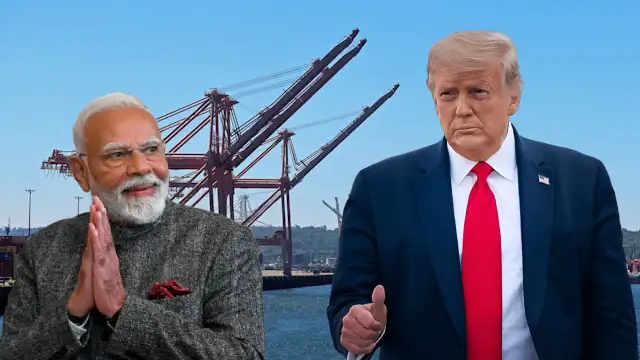Despite supply-chain backlogs, labour shortages, Russia’s special military operations in Ukraine, and the quickest rise in interest rates in decades, the US economic rebound has repeatedly confounded forecasts of an imminent recession.
The banking crisis, which at times over the past week seemed primed to develop into a full-blown financial collapse as investors rushed cash into US government debt and other assets seen as secure, is now putting that fortitude to the test.
By the end of the week, the markets had somewhat stabilised amid expectations that prompt action by Wall Street and Washington DC’s policymakers would limit the crisis to the small and medium banks where it had started.
But even if that were to happen, which crisis veterans warned was a large “if”, analysts said the incident would unavoidably have a negative impact on employment generation and investments as banks have cut down on lending and businesses are finding it more difficult to acquire money as a result. Some analysts claimed that the unrest had already increased the likelihood of a decline.
At the very least, the crisis has made the already challenging job confronting Federal Reserve officials—trying to progressively slow the economy in order to control inflation—more difficult. This job needs to be done immediately: According to government statistics released on Tuesday, price growth accelerated in February. However, lawmakers now have to deal with the possibility that the Federal Reserve’s initiatives to combat inflation could cause financial system instability.
They have a limited time to consider their options: The Federal Reserve will convene as normal on Tuesday and Wednesday, but there is extraordinary uncertainty about what will be done. Investors anticipated the central bank to reaccelerate its campaign of interest rate increases in reaction to stronger-than-expected economic statistics as recently as ten days ago. Federal Reserve observers are currently discussing whether the conference will result in unchanged interest rates.
The idea that the swift rise in interest rates might endanger the security of the financial system is not particularly novel. Economists have frequently observed in recent months that it is remarkable that the Federal Reserve has been able to increase rates so significantly and so quickly without significantly disrupting an economy that has grown accustomed to extremely low borrowing costs.




